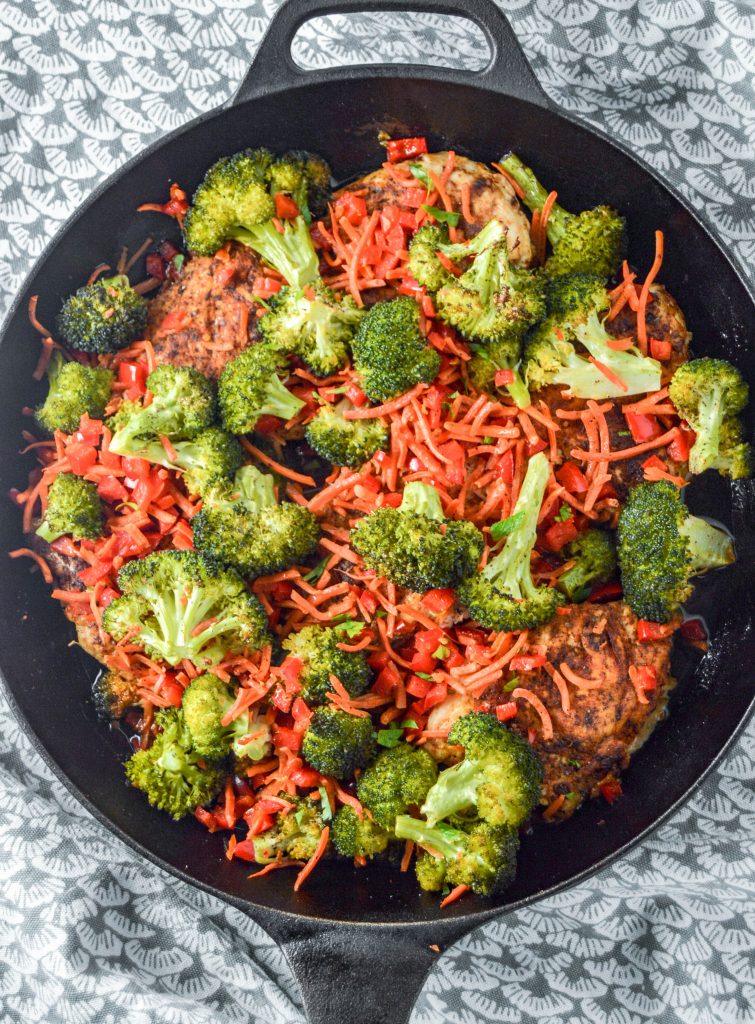Choosing the right oil for cooking can be a daunting task with so many options available. Two popular choices are coconut oil and olive oil. While both have their own set of health benefits and uses, understanding their calorie content and nutritional profiles can help you make an informed decision. In this blog post, we’ll delve into the calorie differences between coconut oil and olive oil, their unique benefits, and the best ways to use each.
Calorie Comparison
When it comes to calories, both coconut oil and olive oil are high in energy content, but there are slight differences:
- Coconut Oil: Contains approximately 117 calories per tablespoon (14 grams).
- Olive Oil: Contains approximately 119 calories per tablespoon (14 grams).
While the calorie content is quite similar, it's important to consider other factors such as the type of fats and their health implications.
Nutritional Profiles and Health Benefits
Coconut Oil- Fat Content: High in saturated fats (about 90%), particularly medium-chain triglycerides (MCTs), which can be quickly converted into energy.- Health Benefits:
- Boosts energy levels due to MCTs.
- May improve cognitive function and support weight loss.
- Has antimicrobial properties.
Olive Oil:- Fat Content: Rich in monounsaturated fats (about 73%) and contains polyunsaturated fats (about 11%).- Health Benefits:
- Promotes heart health by reducing bad cholesterol (LDL) and increasing good cholesterol (HDL).
- Rich in antioxidants, particularly vitamin E and polyphenols, which can reduce inflammation.
- May lower the risk of chronic diseases such as heart disease and type 2 diabetes.
Best Uses
Coconut Oil:- Cooking: Suitable for high-heat cooking methods like frying and baking due to its high smoke point.- Skincare: Often used as a moisturizer and in hair care products.- Baking: Adds a subtle coconut flavor to baked goods.Olive Oil:- Cooking: Best used for low to medium-heat cooking, such as sautéing and roasting.- Salads: Ideal for salad dressings and drizzling over dishes for added flavor.- Marinades: Enhances the flavor of marinades for meats and vegetables.
Conclusion
Both coconut oil and olive oil have their unique advantages and specific uses in the kitchen and beyond. While their calorie content is quite similar, their nutritional benefits and best applications vary. Coconut oil is great for high-heat cooking and quick energy boosts, whereas olive oil shines in promoting heart health and enhancing flavors in cold dishes. Understanding these differences can help you choose the right oil for your needs and optimize your health and cooking experience.
To learn more about the rich history and benefits of olive oil, check out these additional resources:
- Health Benefits of Olive Oil
- The Mediterranean Diet Guide
External Links:
- Harvard T.H. Chan School of Public Health: The Nutrition Source
- Healthline: 11 Proven Benefits of Olive Oil
These links provide valuable information and insights that can enhance your understanding and appreciation of olive oil's historical and contemporary significance.












